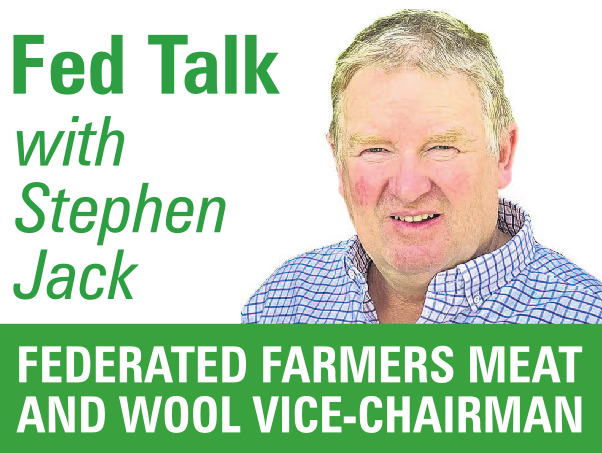
"Where’s he going this time?" I hear you ask ... but bear with me.
Invercargill Mayor Nobby Clark recently raised an important point — that NZ volunteer firefighters are treated like second-class citizens. He raised the ire of the of those challenged by satirical comprehension in doing so, which elevated things a bit.
Credible international studies have shown firefighters to have double the cancer rate of the ordinary population and a 14% higher mortality rate due to cancer.
Ironically, it has been shown that the flame retardant chemicals applied to home furnishings (synthetic carpets, curtains, mattresses etc) when burnt, give off especially potent cancer-causing chemicals.
For this reason new products treated with flame retardant were banned from sale in California in 2022 and it looks like other US states and Europe will follow.
California has also imposed a dumping charge at point of sale on synthetic carpets to reflect the issue of long-lived plastics entering landfill and the potential for microplastic shedding.
Wool is of course non-flammable and biodegradable.
For wool producers to have any future, we need a major step change — tinkering with the selling system or forming more working groups won’t cut it.
With former Federated Farmers Otago chairman Mark Paterson now the "minister for wool", I’m hoping NZ might follow California’s lead. Tariffs and bans aren’t too popular but in reality may be the only mechanism available and affordable to level a playing field that has been skewed in the favour of synthetics for the last 40-odd years.
Protecting NZ firefighters might not move our wool price, but if communicated well could reinforce to the world the attributes of wool, and who knows perhaps spark a renaissance for sheep farmers, and from that profitability to afford things like water infrastructure ...
But that, as they say, is another story for another day.










